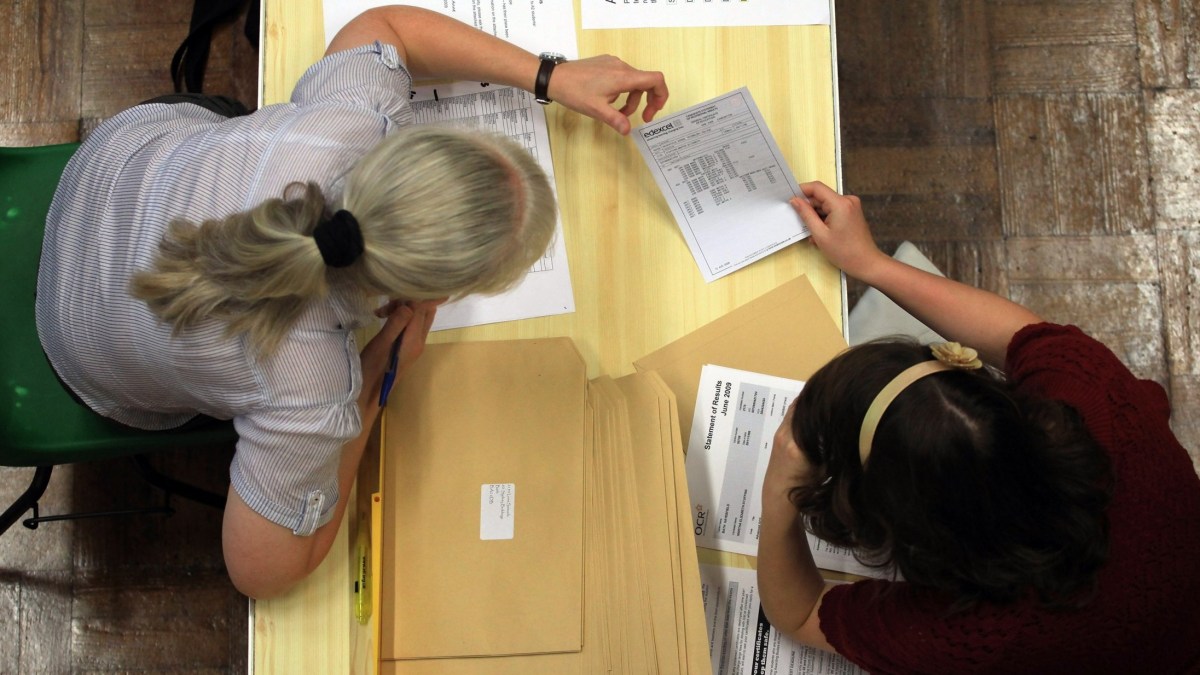Restoring A-level grades to pre-pandemic levels “is not an exact science” and examiners must resist any urge to “go in hard” on school leavers facing a scramble for university places this week, according to a leading education expert.
Professor Mary Richardson, an expert in educational assessment at University College London, suggested ministers are rushing too soon to restore marking boundaries to their 2019 levels – a move which is expected to see a near halving in the proportion of top A* grades when results are handed out on Thursday.
A coalition of education think tanks and experts has warned that students from poorer backgrounds face paying a disproportionate price for the disruption to education caused by Covid-19, with the attainment gap – a measure of the disparity in A-level results between those from poorer and wealthier backgrounds – predicted to widen further this year.
Elite universities are expected to have fewer places available via the UCAS clearing system this year. There is also predicted to be a drop of nearly 100,000 in the number of highest A* and A grades, which could lead to thousands of students missing out on their first-choice courses as exam boards seek to reverse the grade inflation seen during the pandemic.
The number of A* and A grades at A-level rose to nearly 45 per cent in the first year of the pandemic before falling to 36.4 per cent last year – a figure which ministers now want to return to something like the 2019 level of 25.4 per cent.
Prof Richardson, based at UCL’s Institute of Education, said examiners faced a delicate task in seeking to achieve a Government order to restore marking levels to those which were in place in 2019 while the long-term impacts of the pandemic are still feeding through the education system, adding that a period of up to six years to adjust post-Covid grading standards would have been more appropriate.


